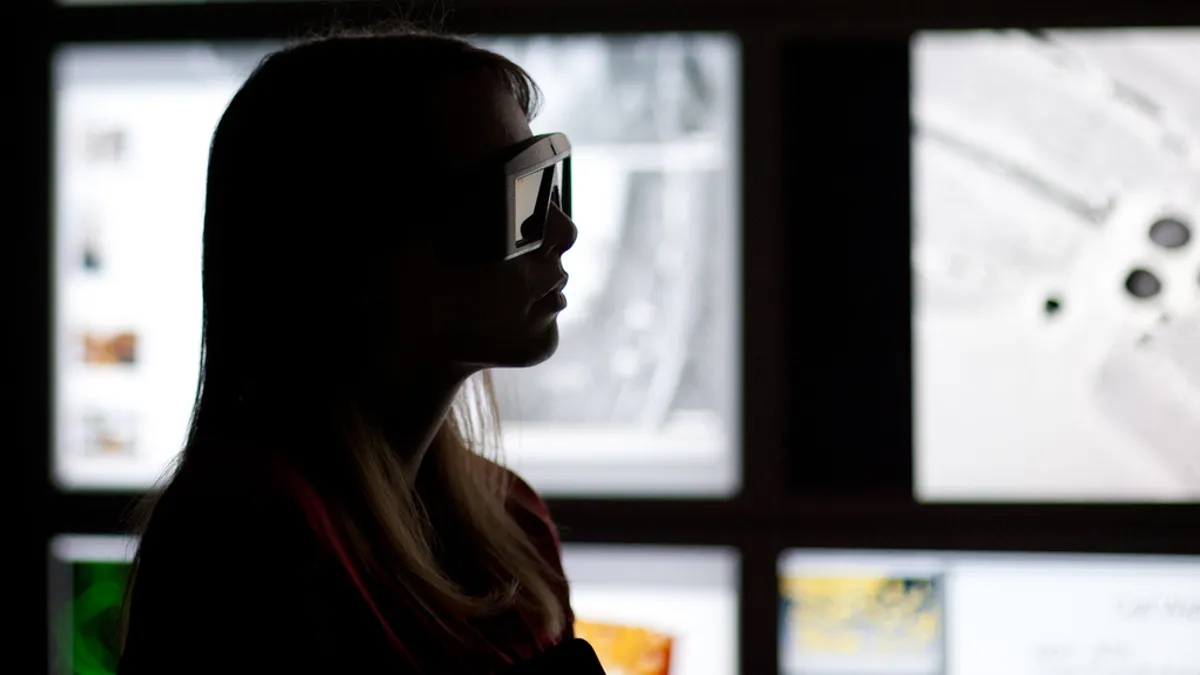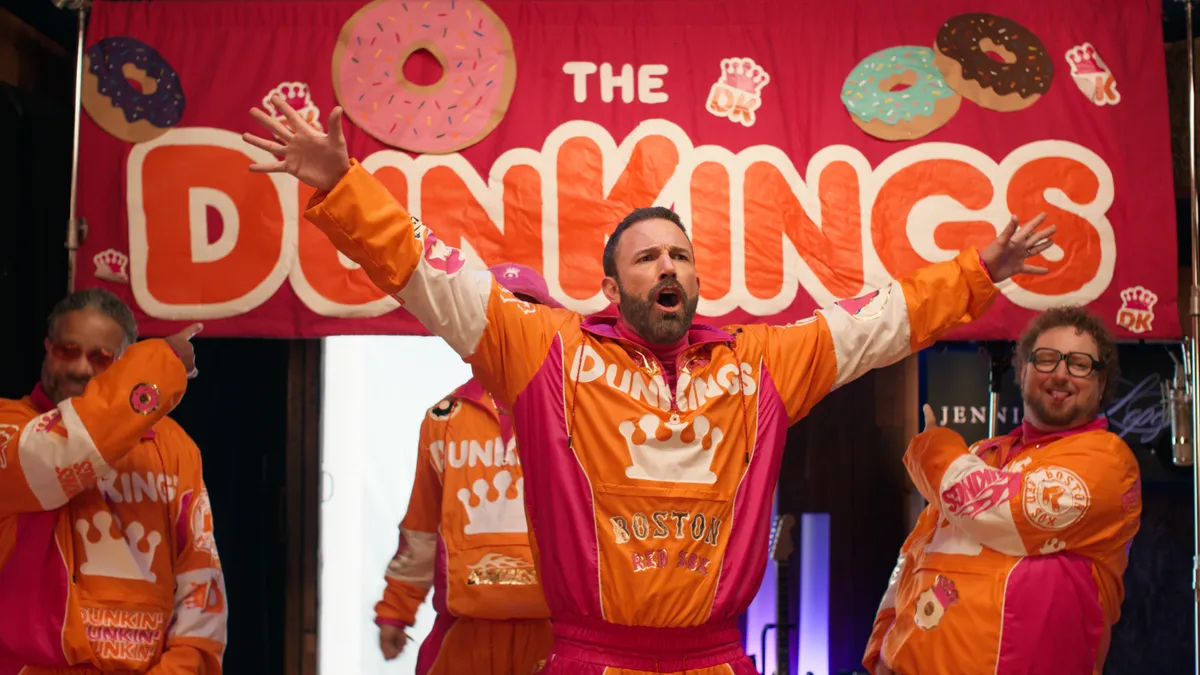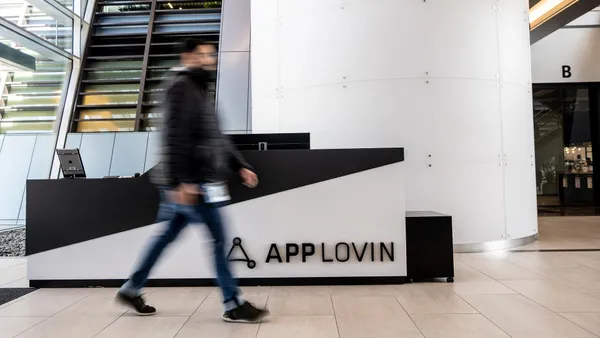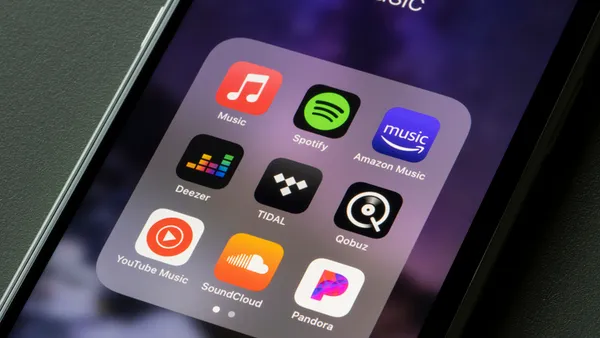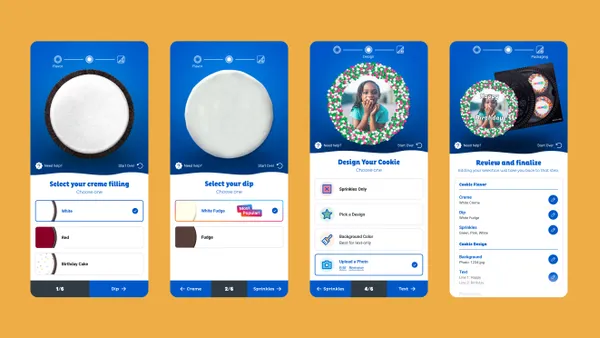Dive Brief:
- Google has moved VR SDK 1.0, its virtual reality development kit, out of beta to be openly available on the Daydream developer site, according to a company blog post.
- Daydream is the tech giant's dedicated VR platform for mobile, which was first announced at Google I/O back in May. Developers can now put in app proposals and applications to the company's Daydream Access Program (DAP) through the updated site, which also includes guidance helpful features like tutorials and reference app samples.
- VR SDK 1.0 allows developers to get a head start on building immersive and interactive mobile applications for Daydream-ready smartphones and headsets, which will have a full roll out later in the fall, according to the blog post. The Daydream software supports integrated asynchronous reprojection (i.e. accounting for drops in framerate/latency issues), high fidelity spatialized audio and interactions using the Daydream controller.
Dive Insight:
Google's investments in emerging technology continue to set an example for other tech companies to follow as its new Daydream kit and site updates offer accommodating options for developers looking to try their hand in the emerging immersive tech space. In July, eMarketer reported that investment in VR and AR surpassed $1 billion in Q1 of this year, and Google joins a slew of brands as diverse as social media giants like Facebook — which purchased Occulus Rift in 2014 — to media outlets like the New York Times in seeking out the best ways to capitalize on the trend.
Immersive technologies have previously been expected to most impact the marketing front, especially in the B2B space, where they can provide new tools like interactive training modules and product demos that go far beyond what video presentations have to offer.
But the recent smash success of AR/VR endeavors like Pokemon Go demonstrates that immersive's potential lies far beyond product demos, especially in the mobile games and app market. Google taking steps to cater its VR accessibility to game and mobile app developers in particular shows that the brand has a clear understanding of where AR/VR might see the most investment interest and marketing potential in the future.


